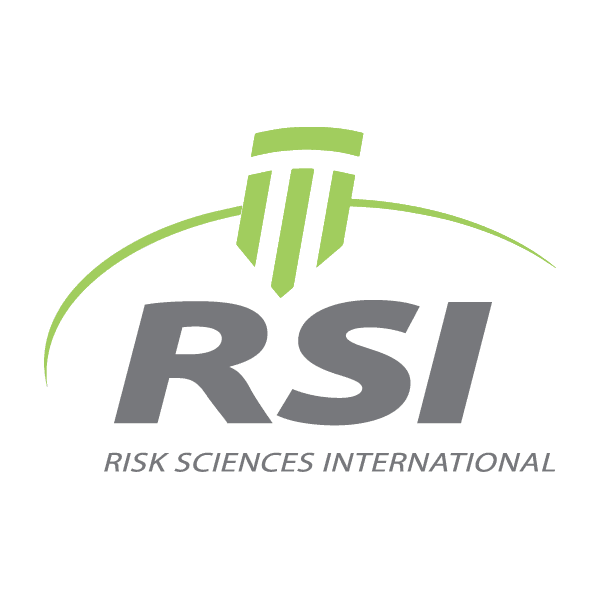Sulfur dioxide (SO₂) is a major air pollutant generated primarily from the combustion of fossil fuels and certain industrial processes. Exposure is linked to respiratory irritation, asthma exacerbation, and cardiovascular effects, while also contributing to acid rain, which damages ecosystems, infrastructure, and agriculture. Although emissions have declined in many regions due to regulations, SO₂ remains a significant concern in areas reliant on coal or heavy industry.
Managing SO₂ is challenging because of its varied sources and regional impacts. Governments must set and enforce emissions standards, industries must adopt cleaner technologies, and communities often bear the burden of poor air quality, particularly in industrial zones. The transboundary nature of SO₂ pollution further complicates control, requiring international cooperation. Public concern typically rises during visible smog episodes or when new evidence highlights links to chronic health outcomes.
Risk sciences support effective management by integrating emissions monitoring, exposure assessment, and health impact modeling. They help decision-makers set protective thresholds, evaluate mitigation strategies, and prioritize interventions with the greatest benefits. Transparent communication ensures that both policymakers and the public understand the risks and the value of emission reductions.
RSI is dedicated to supporting the management of SO₂ risks, with the expertise and experience required to strengthen policies and safeguard public health.

